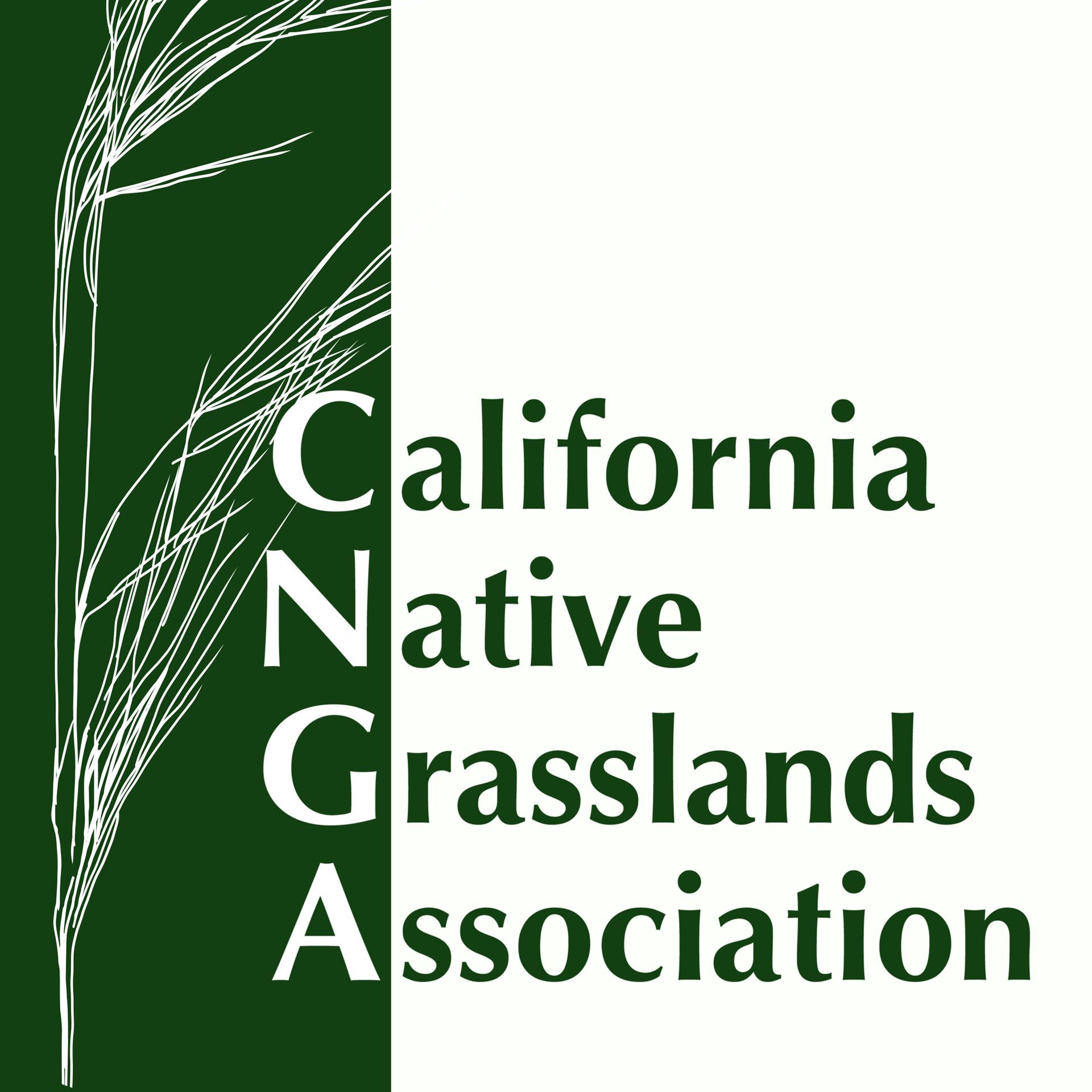California Native Grassland Association GRASS Award Speaker Series
Join us for this season's GRASS Speaker Series showcasing the amazing work undertaken in California Grasslands by some of our Grassland Research Awards for Student Scholarship Winners.
Talks are on Tuesdays from 6 PM - 7 PM PST featuring a one 40-minute talk, or one or two 20-minute talks, with time for Q&A.
Members: Free Non-Members: $10 Non-Member Students: Free with Student ID
Download a Flyer
Title: Seed traits may predict species success in habitats dominated by thatch-producing annual grasses
Speaker: Katherine Brafford, PhD Candidate, UC Davis
September 9, 2025 6:00 PM to 7:00 PM
Abstract: Community assembly frameworks propose that the species at a site are filtered by their traits from the regional species pool. Thatch producing non-native annual grasses, such as medusahead (Elymus caput-medusae), are common in the western United States. They alter environmental conditions and impose filters that have a mixed, but usually negative, effect on native plant, animal, and insect populations. In this study, we explore the abiotic effects of living medusahead, medusahead thatch, native vegetation, and bare ground cover types. We also examine if traits commonly thought to lead to plant success in medusahead-dominated habitats correlate with plant emergence and growth in living medusahead, medusahead thatch, native vegetation, and bare ground cover types. We selected a grassland site with high medusahead cover and created plots of each cover type in a randomized incomplete block design. We installed sensors to measure soil moisture and temperature, relative humidity, light, and air temperature. We selected 27 species native to and/or growing at the site that varied in seed mass, seed shape, native status, growth form, and bloom time. We planted seeds of each species into miniplots within each plot. We measured seed emergence, growth stage, and above-ground biomass. In this talk, I will present our results on seed traits. As hypothesized, greater seed mass, narrower seeds, and longer awns were correlated with a greater number of plants in both living medusahead and thatch cover. This study will shed light on how traits relate to community assembly; clarify mechanisms underlying annual grass invasion and grassland restoration outcomes; and inform future restoration efforts.
Bio: Katherine Brafford is a PhD Candidate at UC Davis in Dr. Jennifer Funk's lab. Katherine studies how western grassland plant individuals, populations, and communities respond to the common stressors of drought, fire, and invasive species. She graduated from UC Davis with a BS in Plant Sciences. Katherine is from the mountainous California-Oregon border region where she learned to love, care for, and ask questions about the natural world.
Contact Justin Luong (jluong4@ucsc.edu) with any questions.
CNGA 2024 GRASS Award Speaker Series 2025 Schedule (Tuesdays, 6 - 7 pm)
- September 9 - Katherine Brafford (UCD)
- September 16 - Andrea Nebhut (Stanford) and Deborah Ayala (Texas A&M)
- September 23 - Ernesto Chavez-Velasco (Cal Poly Humboldt)
- October 14 - Jessica Solis (SFSU)
- October 21 - Sophie Noda (UCD)
- October 28 - Lauren Glevanik (UCLA)
Help Support Student Research - Donate to the GRASS Program
CNGA's GRASS Program:
- Focuses student research on important grassland-related questions.
- Inspires students to become more involved in California Grassland Conservation and Restoration.
- Trains future employees for your agency or company.
- Creates advocates for California Grasslands
Learn More About GRASS - Applications Accepted Nov 1 - Jan 31

